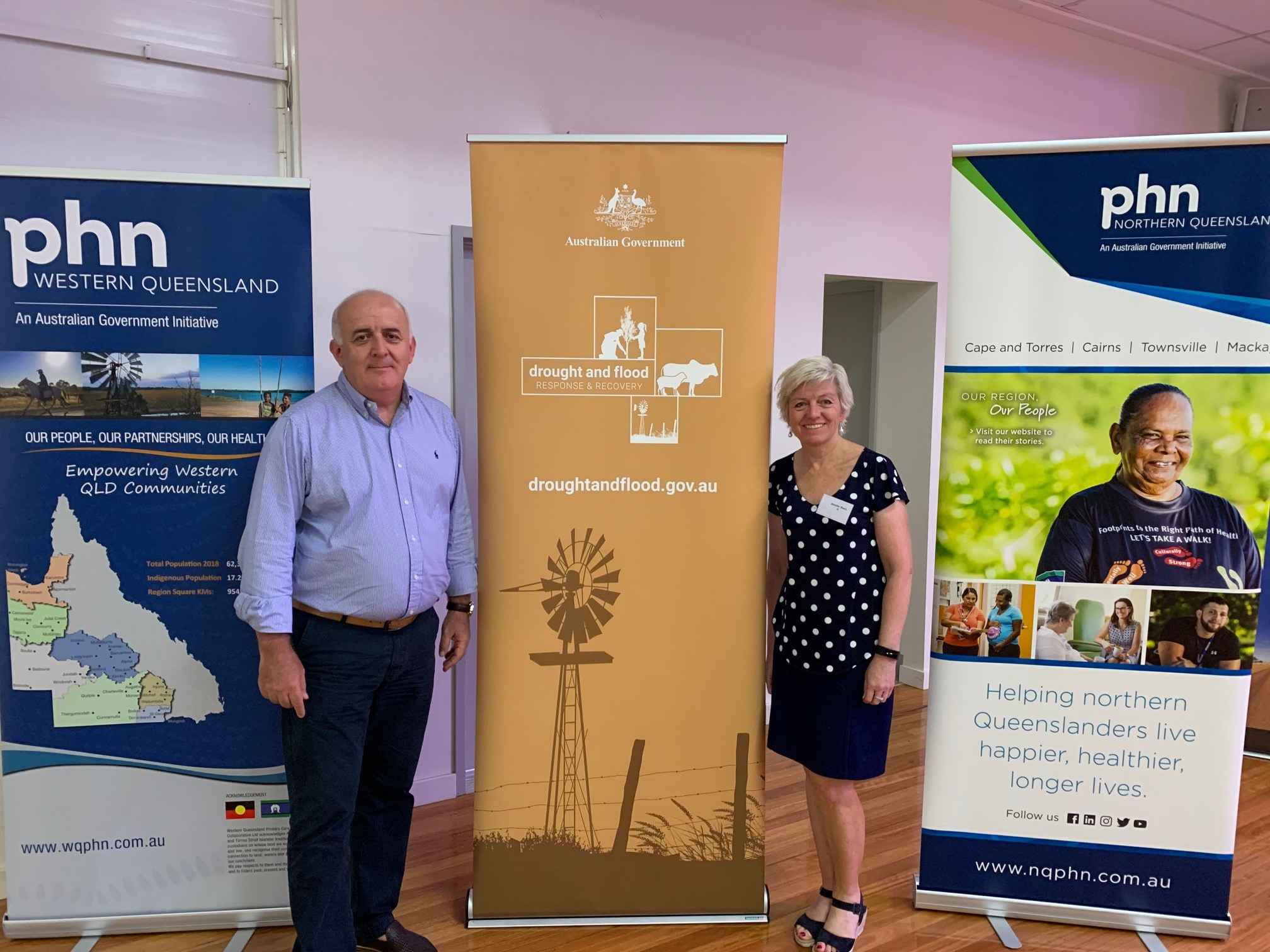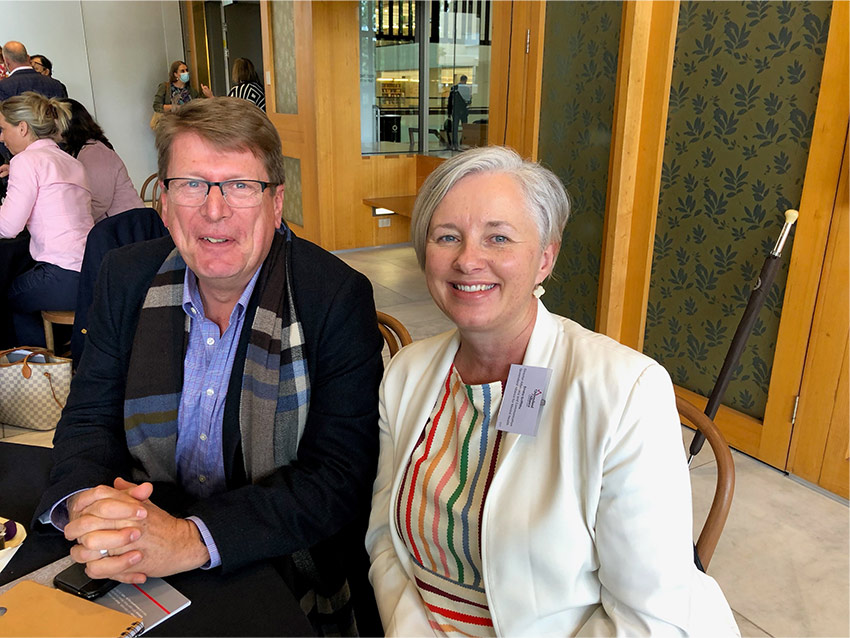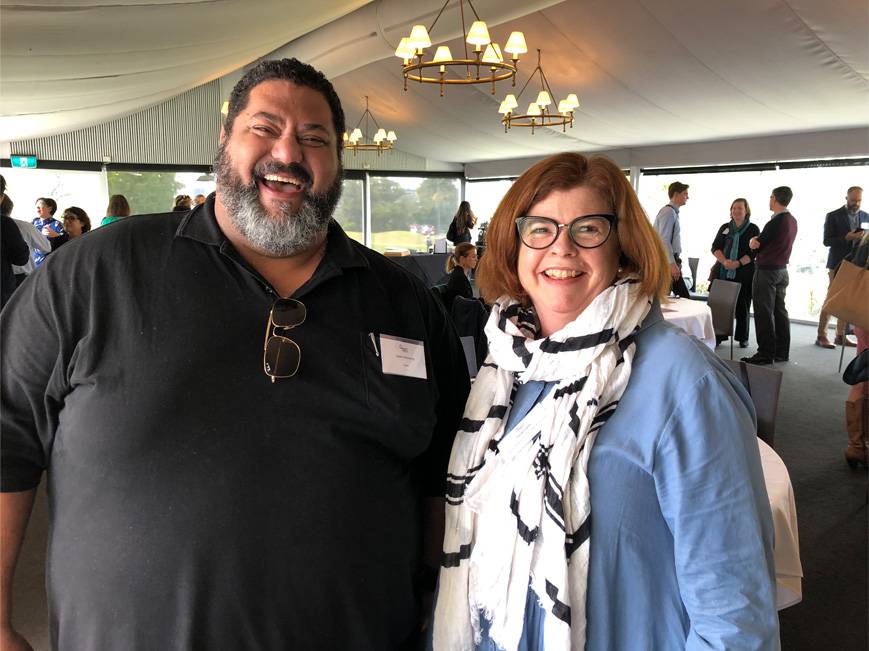The ongoing need to provide mental health services to remote regions
I had the privilege this week of attending the North West Flood Recovery and Resilience Summit 2020 in Julia Creek. The Western Alliance for Mental Health brought together local leaders and key stakeholders to reflect on experiences of the recovery from the 2019 floods and identify potential activities to further support the recovery efforts of local communities.
It was clear that there is an ongoing need to provide mental health services to the people of these remote regions, but that finding the right fit for this can be really challenging. Whilst we know that there are difficulties developing and retaining an adequate workforce to deliver services in the community mental health and wellbeing space in Queensland, this is particularly problematic for these remote communities.
Many of the options for care are just not available to Australians who live in these remote regions. Access to NDIS services is limited or non-existent, finding a GP or developing a therapeutic relationship with and allied health professional is rare. I was struck at the summit by the willingness of these communities to work together to find creative solutions that not only work best for their people but help build resilience and support within those communities.
I noted the intensity of the conversations about the importance of the workforce, understanding the people of these unique communities and the value of workers living within a community where trusted relationships can be built. There was much talk about the value of Trusted Mental Health Advocates, which are local people who are trusted community members or people who have experienced the crisis of a natural disaster or mental distress, who could be trained to provide initial support and help as an early intervention initiative.
The recently released Productivity Commission Inquiry into Mental Health highlights that health workers are disproportionately concentrated in major urban areas. The report calls for a person-centered system and greater utilisation of low intensity and community-based services, greater consumer and carer involvement and critical new data on carers, peer workers and community mental health workers. The development of community-based services is crucial in rural communities and should include co-designing solutions with communities that work for their people and skill local people as part of the solution.
At QAMH we are embarking on a piece of work looking at the current and future challenges of the community mental health and wellbeing workforce across Queensland. By understanding the context, we intend to work with our sector and key stakeholders to map out what needs to be done to ensure skilled mental health workers are available, no matter where you live in Queensland.
Jennifer Black
Chief Executive Officer
Queensland Alliance for Mental Health




 QAMH acknowledges the Traditional Custodians of the land on which we live, learn and work and recognise their continuing connection to land, waters and community. We pay our respect to them and their cultures; and to Elders past, present and emerging.
QAMH acknowledges the Traditional Custodians of the land on which we live, learn and work and recognise their continuing connection to land, waters and community. We pay our respect to them and their cultures; and to Elders past, present and emerging.